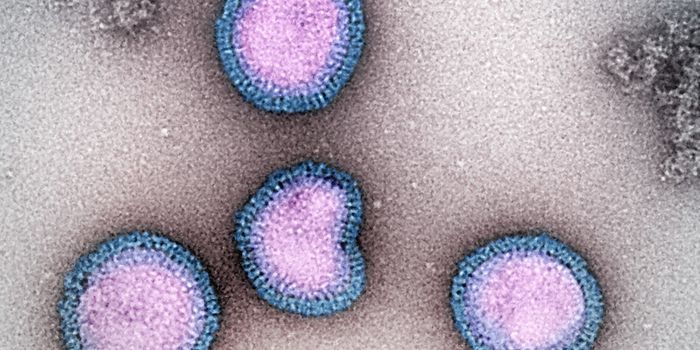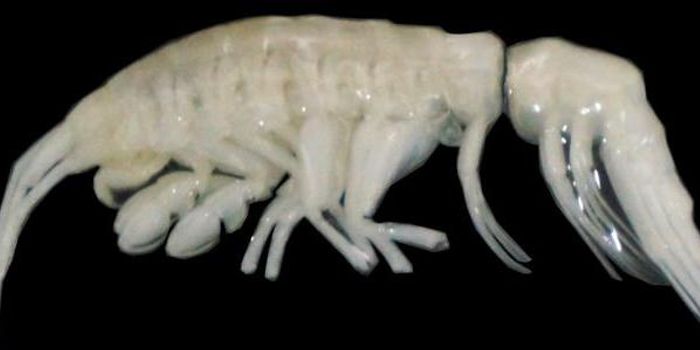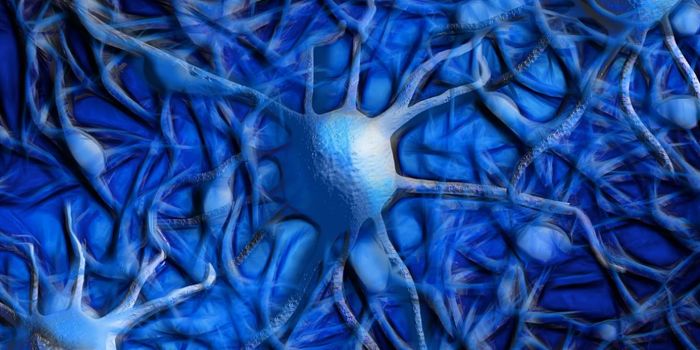Mapping study paves way for new treatments
A first of its kind study recently published in Nature Genetics that included 9,000 Americans of European or African ancestry has generated maps of DNA-to-protein links for both groups. Proteins play a critical role in cellular function, and changes in protein mechanisms—often regulated by DNA variations—can lead to disease. DNA-to-protein mapping could help explain differences in the rates of some diseases in the two groups and help researchers understand some health disparities.
Researchers have been mapping the molecular roots of human diseases for decades through so-called genetic mapping studies. The best known is the genome-wide association study (GWAS). A GWAS typically links variations in DNA to disease risk by analyzing the DNA of subjects—often tens or hundreds of thousands of individuals at a time—along with their history of a given disease. This uncovers statistical associations linking the disease to specific DNA variations.
Missing from the GWAS picture: Most of the disease-linked DNA variants identified by GWAS analysis do not lie within protein-coding genes. Researchers therefore assumed that many—even most—disease-linked DNA variants affect proteins indirectly, by regulating one or more steps in the gene-to-protein production process, thereby altering protein levels. Linking diseases directly to proteins, researchers can better understand the roots of disease—and also identify protein targets for disease prevention and treatments.
“This relatively new kind of mapping study provides a wealth of information that will allow researchers to test for potential links of proteins on various types of health outcomes—risk of cancers, heart disease, severe COVID—and help to develop or repurpose therapeutic drugs,” says study senior author Nilanjan Chatterjee, PhD, Bloomberg Distinguished Professor in the Department of Biostatistics at the Bloomberg School.
The analysis covered 7,213 Americans of European ancestry and 1,871 African Americans in the long-running Atherosclerosis Risk in Communities (ARIC) study, headed by Coresh; and 467 African Americans from the African American Study of Kidney Disease and Hypertension (AASK). In both of these studies, the research teams had sequenced the genomes of the participants and recorded bloodstream levels of thousands of distinct proteins. Chatterjee’s team and collaborators anticipate doing further studies in the ARIC and AASK cohorts, as well as in other diverse cohorts, to gather information on proteins and other factors that influence the DNA-to-disease chain of causality.
Sources: Nature Genetics









